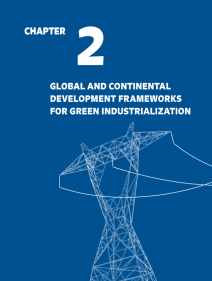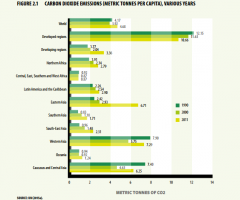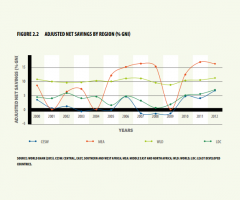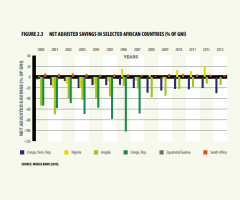Green industrialization can advance the broader objective of sustainable development in Africa. It is an opportunity for the continent to keep down its greenhouse gas emissions and to protect its biodiversity and ecological systems while reaping the benefits of long-term, socially inclusive economic growth.
The commitments in recently adopted global and continental frameworks—such as the Addis Ababa Action Agenda, the United Nations 21st Conference of the Parties (COP21), Agenda 2063 of the African Union, and the 2030 Agenda for Sustainable Development (Agenda 2030) focused on the Sustainable Development Goals (SDGs)— provide a supportive backdrop for adopting and following through on green industrialization initiatives. These frameworks should also support African countries’ efforts to integrate their diverse development policies and strategies.
Africa’s aspiration for inclusive structural transformation, underpinned by commodity-based industrialization, remains largely unmet despite positive trends in socioeconomic indicators. The gross domestic product (GDP) of most African countries is dominated by services and agriculture, with only a small contribution from manufacturing. That leaves most African economies undiversified and vulnerable to shocks. While real GDP growth has exceeded the global average over the last decade, it remains below the 7 per cent benchmark generally considered necessary to eradicate extreme poverty (ECA (1999)). It also masks the continued depletion of the natural resource base, measured by the adjusted net savings indicator (ECA and UNEP 2013).




